Is Cheese Vegetarian? Everything You Need to Know
Introduction: A Common Question Among Cheese Lovers
If you’re a cheese enthusiast, you’ve likely savored the rich flavors and creamy textures that this beloved dairy product offers. However, if you’re following a vegetarian diet or considering the ethical implications of your food choices, you may have found yourself asking, “Is cheese vegetarian?“ This question is more complicated than it appears.
Imagine the first time you tasted a slice of aged cheddar or a dollop of fresh ricotta, and how it brought joy to your meal. But what if you discovered that some cheeses might not align with your vegetarian values? This article will provide you with everything you need to know about cheese and its place in a vegetarian diet, helping you make informed choices that suit your lifestyle.
Understanding Vegetarianism
What Does It Mean to Be Vegetarian?
Before delving into the specifics of cheese, it’s essential to understand what being vegetarian truly means. The term “vegetarian” can refer to various dietary practices:
- Lacto-vegetarian: Includes dairy products but excludes eggs.
- Ovo-vegetarian: Includes eggs but excludes dairy.
- Lacto-ovo vegetarian: Incorporates both dairy and eggs.
- Vegans: Eliminate all animal products, including dairy, eggs, and honey.
Understanding these distinctions can help clarify whether cheese fits into your diet.
Importance of Knowing Ingredients
As you navigate your vegetarian lifestyle, being aware of what’s in the foods you consume is critical.
- Read Labels: Make it a habit to check ingredient lists for hidden animal-derived components.
- Ask Questions: When dining out or shopping, don’t hesitate to inquire about the ingredients in cheese dishes.
The Cheese-Making Process
Basic Ingredients Used in Cheese Production
Cheese is primarily crafted from:
- Milk: The foundation for most cheeses, providing protein and fat.
- Bacterial Cultures: Added to enhance flavor and create texture.
- Rennet: An essential enzyme used to curdle the milk.
Common Milks Used
Different types of milk can significantly affect the flavor and texture of cheese. Here are the primary sources:
| Type of Milk | Description |
| Cow’s Milk | Most widely used, rich in flavor |
| Goat’s Milk | Tangy and often easier to digest |
| Sheep’s Milk | Creamy with a higher fat content |
The Role of Rennet
One of the key ingredients in many cheeses is rennet, which plays a critical role in the cheese-making process.
- Animal Rennet: Traditionally derived from the stomach lining of calves, this enzyme is commonly used in cheese production.
- Vegetable Rennet: Obtained from certain plants, making it suitable for vegetarians.
- Microbial Rennet: Produced through fermentation, also a vegetarian-friendly option.
How to Identify Rennet Type
To ensure that the cheese you’re consuming aligns with your vegetarian principles, follow these tips:
- Labeling: Look for terms like “vegetable rennet” or “microbial rennet” on packaging.
- Research: Familiarize yourself with brands known for offering vegetarian cheese options.
Types of Cheese and Their Vegetarian Status
Common Cheeses and Their Ingredients
Not all cheeses are created equal when it comes to vegetarian suitability. Here’s a breakdown of some popular cheeses and their vegetarian status:
| Cheese Type | Vegetarian Status |
| Cheddar | Often made with animal rennet |
| Mozzarella | Can be vegetarian (check label) |
| Feta | Often made with animal rennet |
| Parmesan | Traditionally not vegetarian |
| Cottage Cheese | Usually vegetarian |
| Ricotta | Usually vegetarian |
Tips for Choosing Vegetarian Cheese
When shopping for cheese, keep these tips in mind to ensure your choices align with your dietary needs:
- Look for Certified Labels: Many brands now provide certifications that confirm their cheese is vegetarian-friendly.
- Research Brands: Some companies specialize in vegetarian cheese, ensuring that you can enjoy your favorite flavors without compromising your values.
Cooking with Vegetarian Cheese
Delicious Vegetarian Cheese Recipes
Here are some delightful recipes that incorporate vegetarian cheeses, allowing you to enjoy their flavors without straying from your dietary choices.
1. Vegetable Lasagna with Ricotta
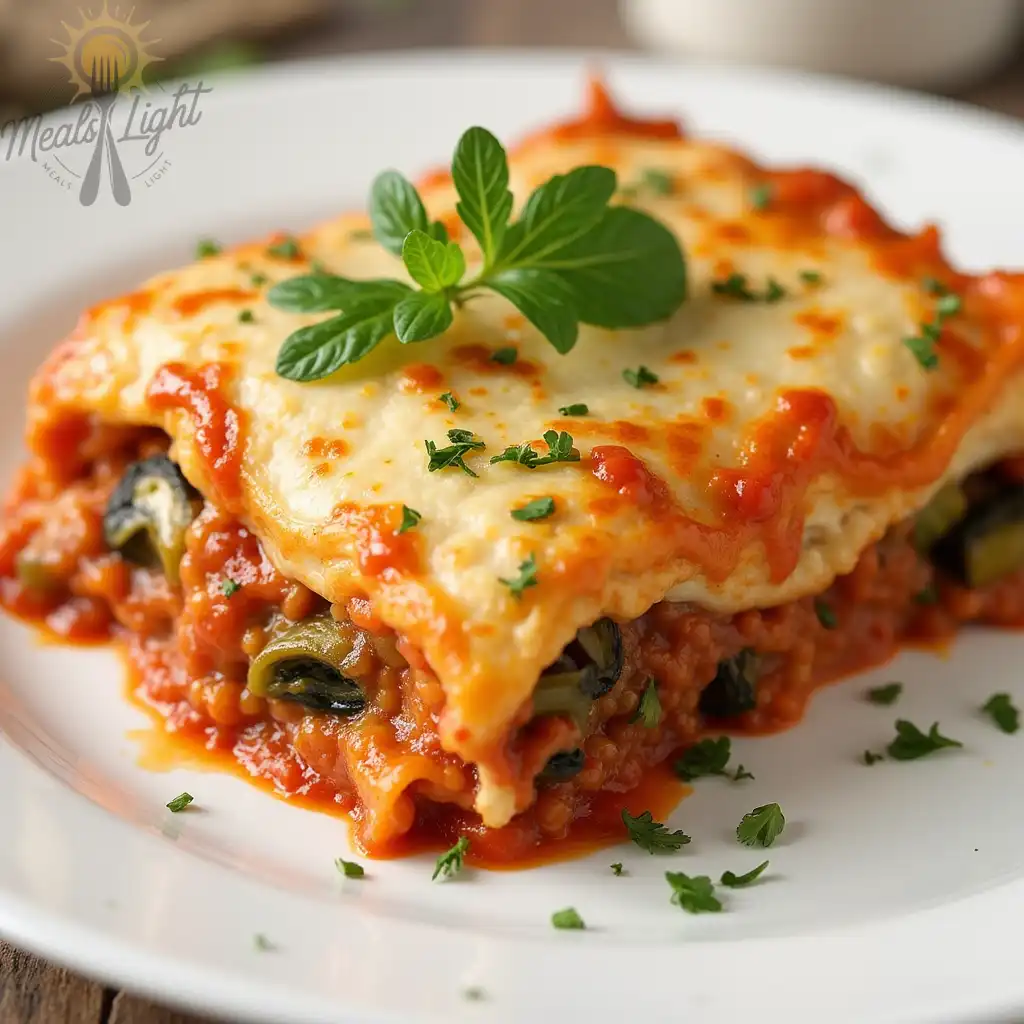
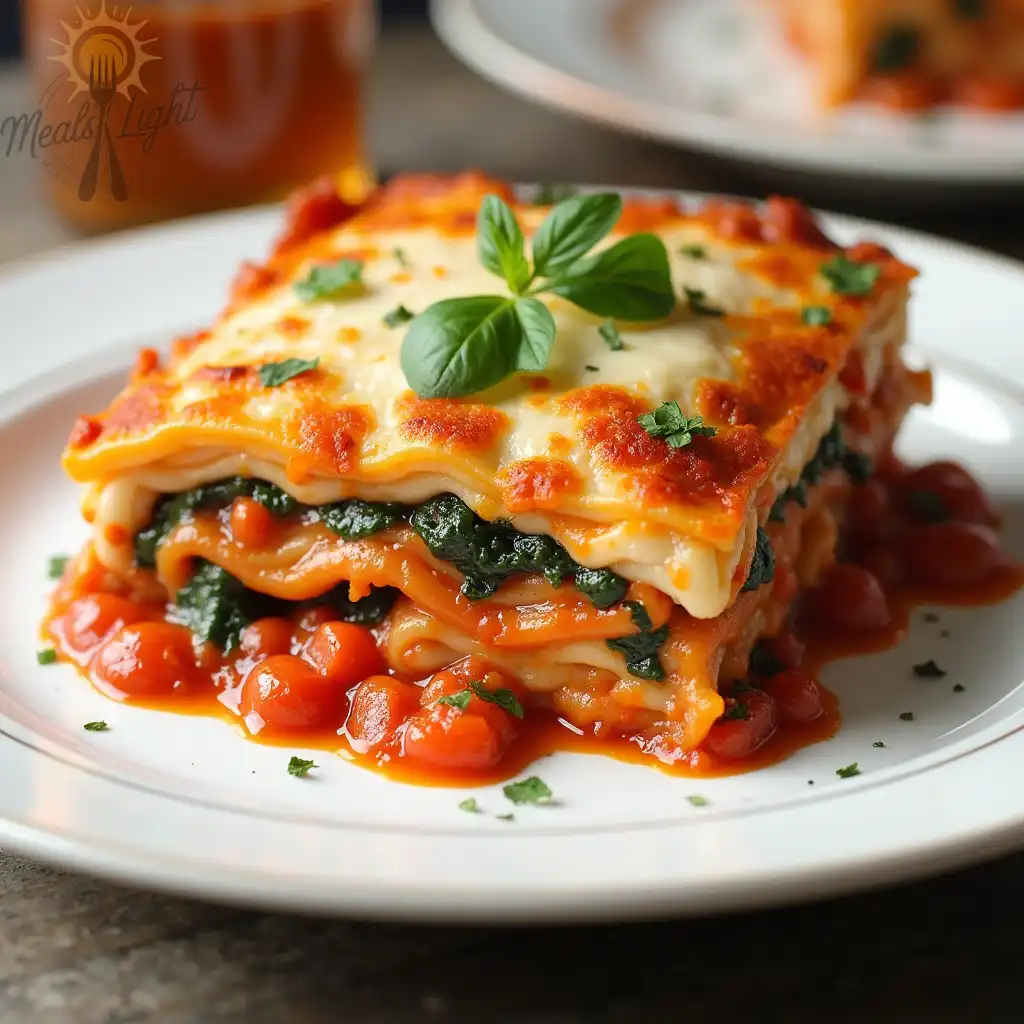
Ingredients:
| Ingredient | Amount |
| Lasagna noodles | 9 sheets |
| Ricotta cheese | 15 ounces |
| Spinach | 2 cups |
| Marinara sauce | 2 cups |
| Mozzarella cheese | 2 cups shredded |
Instructions:
- Preheat your oven to 375°F (190°C).
- Spread a layer of marinara sauce across the bottom of a baking dish.
- Layer 3 sheets of lasagna noodles, followed by half of the ricotta, spinach, and mozzarella.
- Repeat layers and finish with noodles and marinara sauce topped with mozzarella.
- Cover with foil and bake for 25 minutes, then take off the foil and bake for an extra 15 minutes until bubbly.
2. Creamy Mac and Cheese with Cheddar
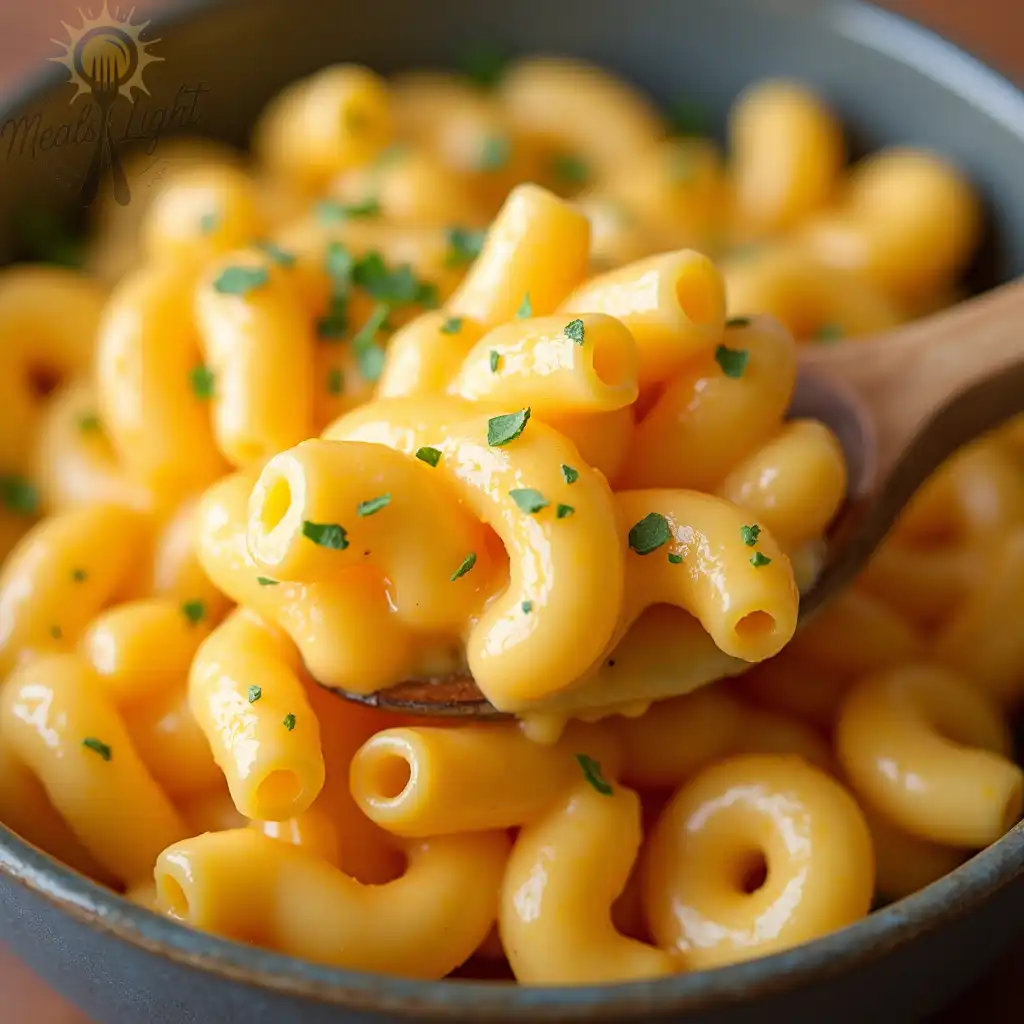
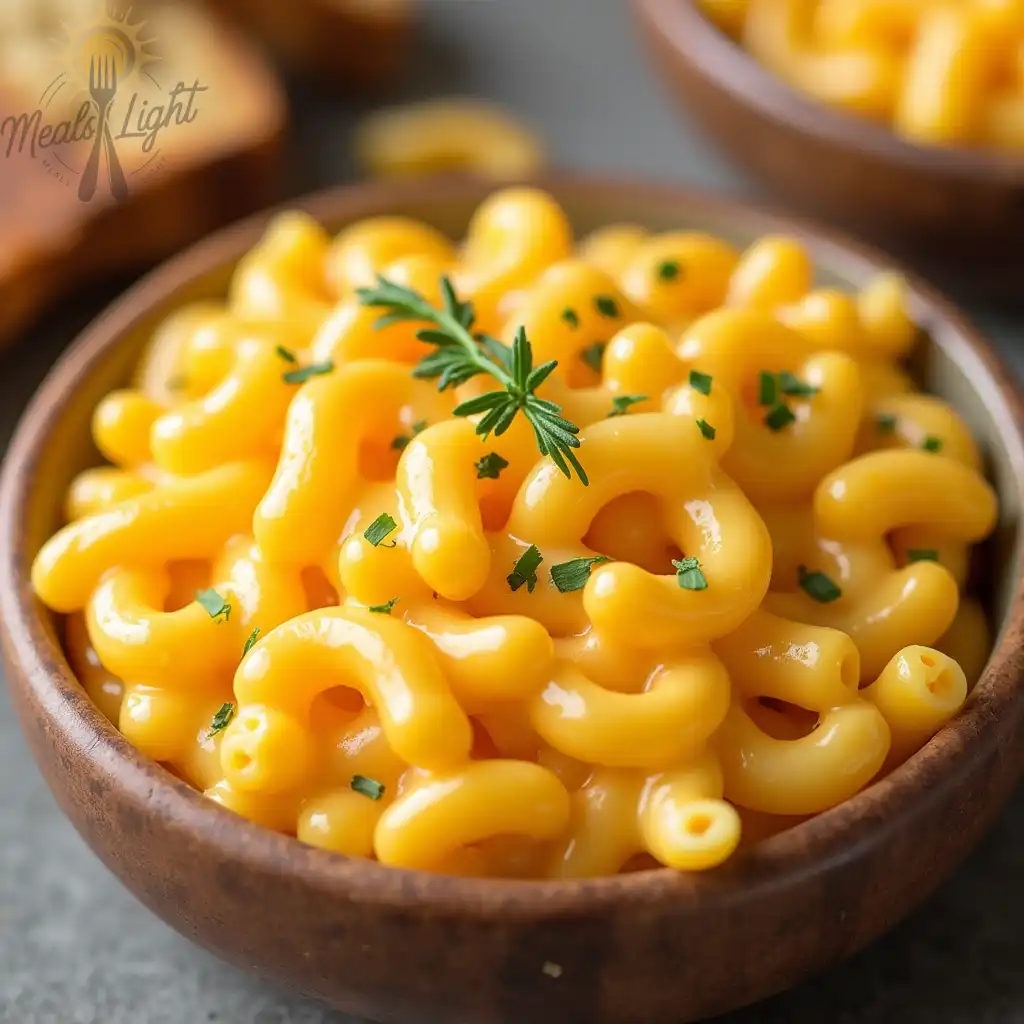
Ingredients:
| Ingredient | Amount |
| Elbow macaroni | 2 cups |
| Cheddar cheese | 2 cups shredded |
| Milk | 2 cups |
| Butter | 2 tablespoons |
| Flour | 2 tablespoons |
| Salt | To taste |
Instructions:
- Prepare the macaroni according to the package instructions and set it aside.
- In a saucepan, melt butter over medium heat and whisk in flour to form a roux.
- Gradually add milk, stirring continuously until thickened.
- Stir in cheddar cheese until melted, then mix in cooked macaroni.
- Serve hot for a creamy, cheesy delight!
FAQs About Cheese and Vegetarianism
Is cheese considered vegetarian?
Generally, cheese can be vegetarian, but it depends on the rennet used in production. Always verify the label or inquire with the producer.
What types of cheese are not vegetarian?
Many hard cheeses like Parmesan and some blue cheeses may contain animal rennet. Always check labels for confirmation.
Can vegans eat cheese?
No, traditional cheese is made from milk, making it non-vegan. However, there are plant-based cheese substitutes available.
How can I make my own vegetarian cheese at home?
Making cheese at home is possible with simple ingredients. Here’s a simple recipe for making homemade ricotta:
Homemade Ricotta Recipe
| Ingredients | Amount |
| Milk | 4 cups |
| White vinegar or lemon juice | 2 tablespoons |
| Salt | 1/2 teaspoon |
Instructions
- Heat the Milk: In a saucepan, warm the milk over medium heat until it begins to simmer.
- Add Acid: Stir in the vinegar or lemon juice, then remove from heat. Allow it to rest for approximately 5 minutes.
- Strain: Pour the curds into a cheesecloth-lined sieve to drain excess liquid. Rinse under cold water.
- Season: Add salt to taste and enjoy your fresh ricotta!
Conclusion: Making Informed Choices
Navigating the world of cheese as a vegetarian can feel overwhelming, but with the right information, you can make confident choices. By understanding the cheese-making process, recognizing the different types of rennet, and knowing which cheeses are suitable for your diet, you can indulge in your love for cheese without compromising your values. Always check labels and don’t hesitate to ask questions when in doubt.
Embrace your cheese journey, explore new flavors, and enjoy the delightful options available to you. Whether you’re crafting a delicious lasagna or savoring a slice of cheese on its own, you can now make choices that reflect your vegetarian lifestyle. Happy cheese tasting!

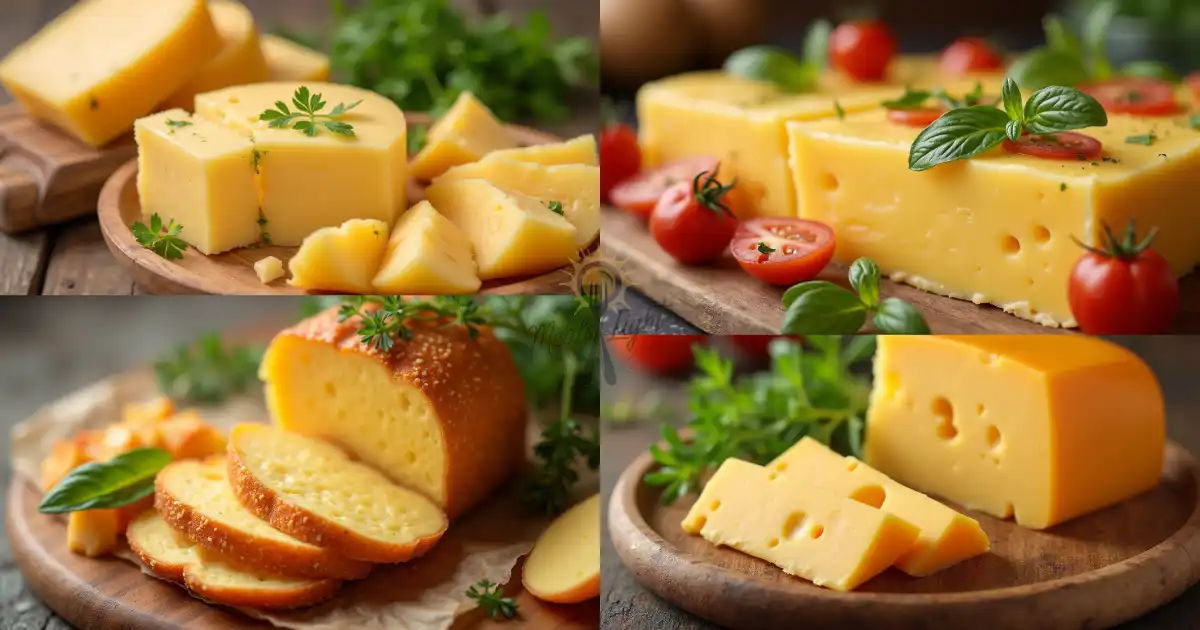
1 thought on “Is Cheese Vegetarian Food?”